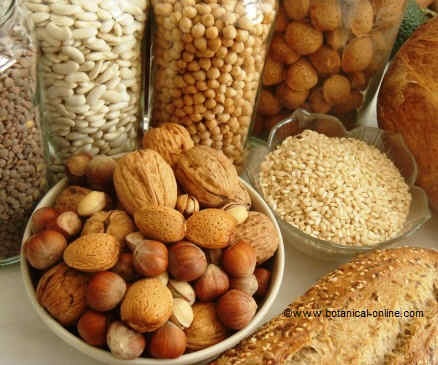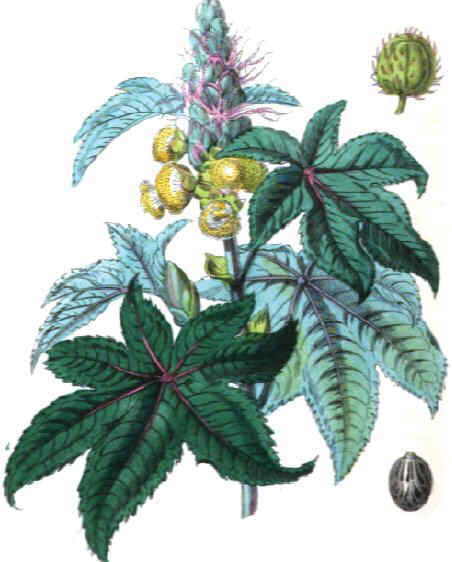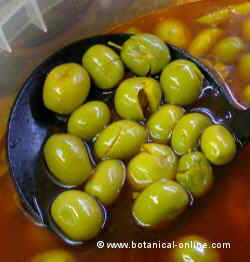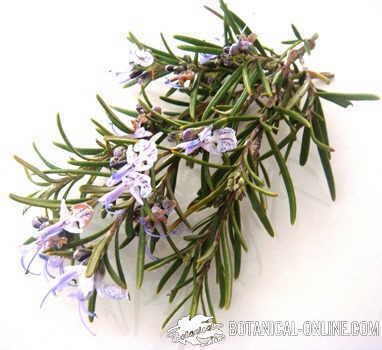Contents
Advantages of fresh vegetables
WHICH ARE BEST: FRESH OR FROZEN VEGETABLES
Should we choose fresh or frozen vegetables?
It is well known that fresh vegetables taste better and smell better. The best-tasting and smelling vegetables are those that have recently been picked from the garden.
As we let the time pass, all the vegetables lose flavor and smell, so, once collected, it is important to eat them as soon as possible.
We must not forget that fresh vegetables should be washed and stored properly at home. In this case, the frozen vegetables have more advantages, since they are already previously washed and are easier to maintain.
Whenever possible, choose fresh vegetables to frozen. Of course we mean genuinely fresh vegetables, those which have been collected recently from the garden and, if possible, biological.
If vegetables are a bit old, they may have lost many of its components and, in this case, frozen vegetables may even surpass the quality of fresh vegetables.
Can frozen vegetables meet or exceed the nutritional values of fresh ones?
Frozen vegetables have lower nutritional value than fresh, but are more practical, affordable and easier to maintain.
The table below shows a comparison between the tender fresh peas and frozen tender peas. As it can be seen , in most of the components, fresh peas outweigh the frozen ones.
Fresh vegetables contain more vitamins and minerals
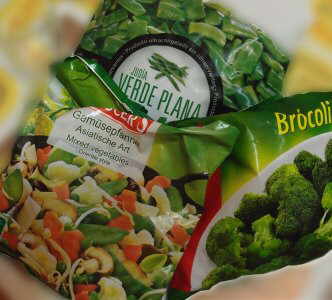
Some bags of frozen vegetables. Although they are already healthy, the nutritional properties of frozen vegetables is lower than that of fresh ones.
The content of vitamin C is more than twice in fresh than in frozen. Its potassium content is also much higher, as it is its phosphorus content. As for minerals, fresh exceed all except iron and sodium.
Unfortunately, the sodium level in the frozen peas is very high. Considering that their potassium level is lower, we can say that fresh peas are more diuretic than frozen ones and more desirable to people who want a low sodium diet
Fresh vegetables have more calories and energy
Tender fresh peas are a bit more energetic than frozen ones, since the latter contain more water. Fresh vegetables also have more fiber.
Frozen peas have more vitamin A
| Nutritional values of green peas per 100 gr. | ||
| Raw frozen tender peas | Fresh tender peas | |
| Water | 79, 93 gr. | 78, 86 gr. |
| Calories | 77 Kcal | 81 Kcal |
| Fat | 0, 37 gr. | 0,40 gr. |
| Proteins | 5,2 gr. | 5,42 gr. |
| Carbohydrates | 13, 70 gr. | 14, 46 gr. |
| Fiber | 4,7 gr. | 5,1 gr. |
| Potassium | 149 mg | 244 mg |
| Phosphorus | 80 mg | 108 mg |
| Iron | 1,53 mg | 1,47 mg |
| Sodium | 112 mg | 5 mg |
| Manganese | 0,338 mg | 0, 410 mg |
| Magnesium | 25 mg | 33 mg |
| Calcium | 22 mg | 25 mg |
| Zinc | 0,81 mg | 1,24 mg |
| Copper | 0,122 mcg | 0, 176 mcg |
| Selenium | 1,7 mcg | 1,8 mcg |
| Vitamin C | 18,0 mg | 40 mg |
| Vitamin A | 727 UI | 640 UI |
| Vitamin B1 (Thiamin) | 0, 258 mg. | 0, 266 mg |
| Vitamin B2 (Riboflavin) | 0, 100 mg | 0, 132 mg |
| Niacin (Vitamin B3) | 1,707 mg | 2, 090 mg |
| Pantothenic acid (Vitamin B5) | 0, 136 mg | 0, 104 mg |
| Pyridoxine (Vitamin B6) | 0, 122 mg | 0, 169 mg |
| Vitamin B9 (Folic acid– folate) | 53 mg | 65 mg |
| Vitamin E | 0, 170 mg | 0, 390 mg |
Related information:
How to preserve frozen vegetables at home
![]() More information about vegetables.
More information about vegetables.


